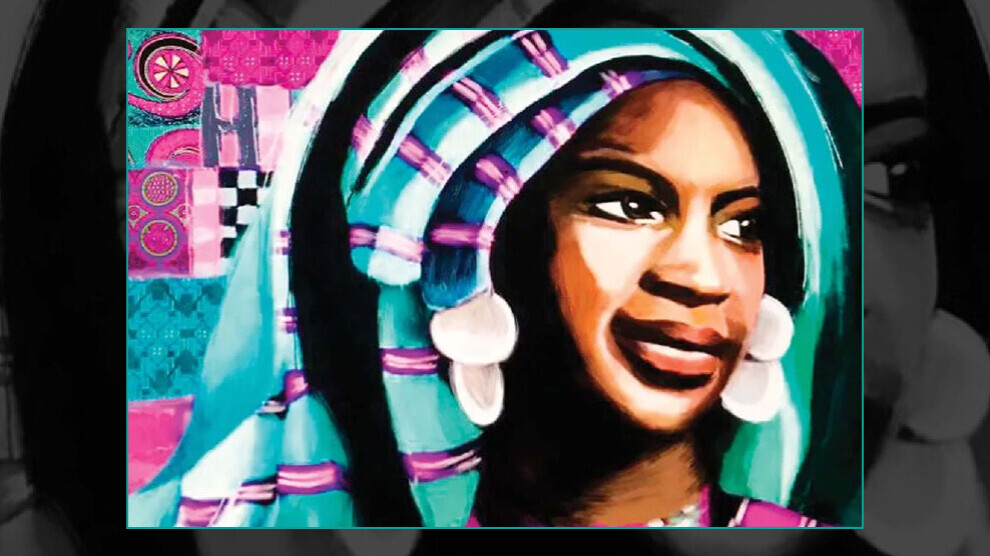Portrait of the day: Nana Asma
Nana Asma, who devoted her life to the education of African women, was loved by people and became a role model for African women.

News Center- Nana Asma was born in Nigeria in 1793. She was the daughter of Usman dan Fodio, the founder of the Sokoto Caliphate. Since her father was a religious man and a teacher, he gave particular importance to the education of children. Despite gender discrimination in society, her father taught all children how to read and write without discrimination. Being a member of the Caliph's family, she reached a high level in reading and understanding Islamic books. She spent her time in her father’s library and she went abroad with her father when she was 11 years old.
She gave particular importance to the education of women
Due to the civil war in Nigeria, many men were killed. Uneducated women could not meet their needs. When Nana realized this situation, she started working. She started a project to give education to women. Every woman, who learned how to read and write, taught another woman how to write and read. Many women teachers went to villages to teach women villagers how to write and read.
She knew four languages
Nana Asma knew four languages. She had a public reputation as a leading scholar in the most influential Muslim state in West Africa, which gave her the opportunity to correspond broadly. She became a counsellor to her brother when he took the Caliphate, and she also recorded writing instructions to governors.
Role model for African women
Since she was loved by the people, many people attended her funeral ceremony in 1864 to pay her final respects. Nana Asma continued to write poems and prose until she passed away. She wrote more than 60 books. Her books have been translated into many languages. Nana Asma is still a role model for African women. She is seen as an example of education and independence of women possible under Islam and as a precursor to modern feminism in Africa.
